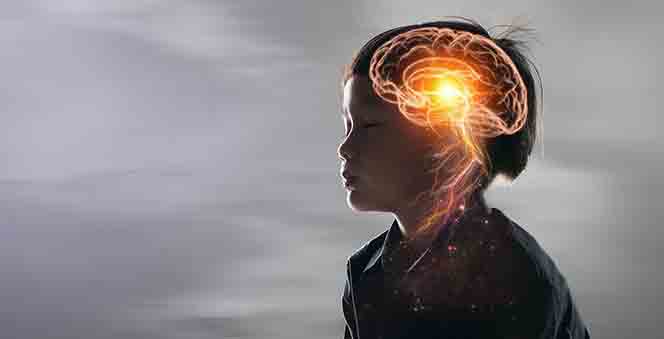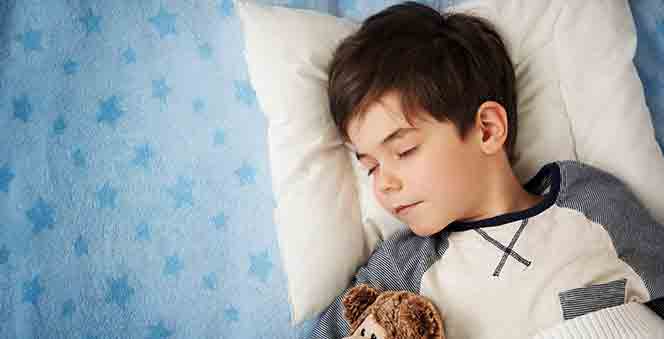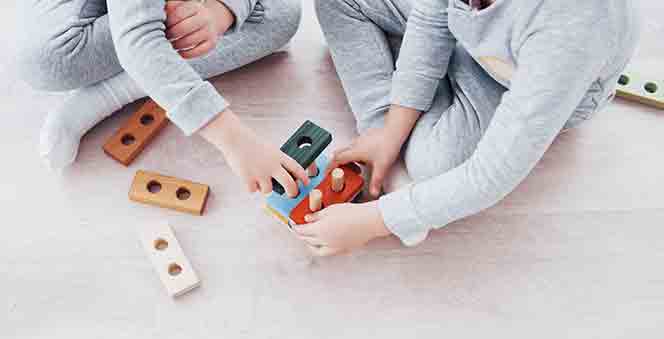Do you know right from birth, your infant baby’s brain power is made up of 100 billion neurons (the same number as there are stars in the Milky Way)? During his first years, he will grow trillions of synapse associations, called neural neurotransmitters. The commonly held notion for brain wiring is “use it or lose it.
” Synapses that are not “wired together” due to lack of stimulation during early childhood, are pruned and lost during a kid’s school years. Even though a baby’s brain is somewhat neurologically hardwired which helps them in learning new languages more efficiently, it is still more vulnerable than a grown-up’s brain.
Hence, when you give care and engage in language-based encounters for your toddler, you are giving his mind’s neural associations and pathways more opportunities to get wired together. The more your child’s brain becomes wired together the greater your baby’s brain power chance to develop better interpersonal skills, critical thinking, reasoning, and language.
The researchers have found a directly proportional relationship between the care and nurturing a child receives before the age of 4 and the size of the hippocampus, the site of the brain that is associated with memory. It is one of the principal factors showcasing how a quality childhood determines the structure of a child’s developing brain and the role a happy and stress-free environment plays in a baby’s brain power development stages.
BABY BRAIN DEVELOPMENT STAGES
Here are the four baby’s brain power development stages as recognized by experts:
- Sensorimotor Stage: (First two years from birth) During this stage, children use their senses to make sense of the world and learn to manipulate objects around them.
- Preoperational Stage:(From around two years to seven years). During this stage, youngsters create a memory and a creative mind. They are additionally ready to comprehend things emblematically and differentiate between the past and the future.
- Concrete Operational Stage: (From age seven to eleven). During this stage, youngsters become progressively mindful of happenings in the outside world and also develop opinions and feelings. They become less egocentric and start to comprehend that not every person shares their considerations, convictions, or emotions.
- Formal Operational Stage: (From Age 11 and more). In this stage the development of the mind is almost complete, children can form thoughts of their own, take decisions for themselves, solve problems, and plan for the future.
Various elements impact a baby’s brain development but we shall take a look at 3 of the most significant of these on how to boost the baby’s brainpower: diet, sleep, and play.
THE ROLE DIET PLAYS IN THE DEVELOPMENT OF INTELLIGENCE QUOTIENT
- Breastfeeding for as far as it might be feasible. Breast milk is rich in taurine and contains the right amount of unsaturated fatty acids. It is recommended that you nurse your child with breast milk even after he has started eating solids as no food item is as beneficial for the brain development of a child as breast milk.
- In case breastfeeding is not possible, you may introduce milk formula which contains taurine and the right amount of unsaturated fatty acid.
- At the point when infants begin eating solids, a large portion of their food is poor in omega-3s. Children under a year old were generally not given fish, because it was suspected that children may develop an allergic reaction to fish. But there is no proof that children who consume fish as soon as they are six months old are not any more unfavorably susceptible than kids who just begin eating it at a year old.
- Introduce into your child’s diet somewhere in the range of 6 and 9 months of meat to accommodate his taurine needs. Taurine is an amino acid that accelerates brain development and growth in children.
- Another option is to give your infant an enhancement containing the right omega-3 and omega-6 fats. It’s generally accessible as an oil container, and you can blend the oil in with your infant’s food or milk.
THE ROLE OF SLEEP AND PROPER REST IN BRAIN DEVELOPMENT
- Erica Neser, the creator of How Babies and Toddlers Sleep, says rest has a positive effect on how an infant’s baby’s brain power develops. Child rest cycles fluctuate between light and deep sleep. The first cycle of sleep which is usually about an hour long helps the baby’s brain to store memories, at that point paths between synapses are set down, and toward the finish of the cycle, the brain produces hormones that help in further growth.
- According to Dr. Nils Bergman from the association Neuroscience for Improved Neonatal Outcomes in Cape Town, a child who sleeps on his mother’s chest or close goes through all the right sleep cycles thereby aiding in further development whereas, a child who sleeps on his own does not have the same development at the same pace.
- Many parents dread that their child’s brain won’t grow appropriately on the off chance that they don’t rest enough, and that drives a few guardians to attempt to “instruct” their infants to stay asleep for the entire night. Numerous therapists caution against this sort of sleep training.
- According to experts sleep cycles before the age of three should be in blocks of 1 hour each where a child is fed and nursed in between, this prompts brain development. Parents must understand that after turning three, the blocks of 1-hour sleep start adding up together and turn into one continuous, uninterrupted sleep pattern. Until then, establishing a long sleep pattern for your child in the initial days can be detrimental to brain development.
- You can bolster your infant’s mind development by responding when he cries. It establishes the framework for adoration and trust, which prompts less pressure.
THE ROLE OF ENGAGING IN PLAY WITH YOUR CHILD AND ITS IMPACT ON IQ
Movement is significant for the mental development of a child. The more an infant moves, the more his faculties are invigorated, which widens his insight into the world. Movement enhances sensory stimulation. Carrying, swinging, rocking, and turning animates the faculties and is significant at a later stage for parity, planning, and association.
While your infant moves, different neurological pathways are developed, which the brain calls to action at a later stage. When motor skills are very much evolved, the brain can move to the improvement of fine muscles of the hands and fingers.
WHAT YOU CAN DO TO HELP?
- Place your child on his side, and move his entire body forward onto his belly or back onto his back. Do it a few times and afterward leave him to check whether he can move without anyone else.
- Crawling is significant for advancement, balance, respective coordination, and the intersection of the midline. Spot your child over your thigh, and assist him with conveying his weight on his hands. Put some toys out for him to contact.
- Assemble a course for your kid once he begins slithering with objects that he needs to creep over or under. This is significant for spatial arranging.







